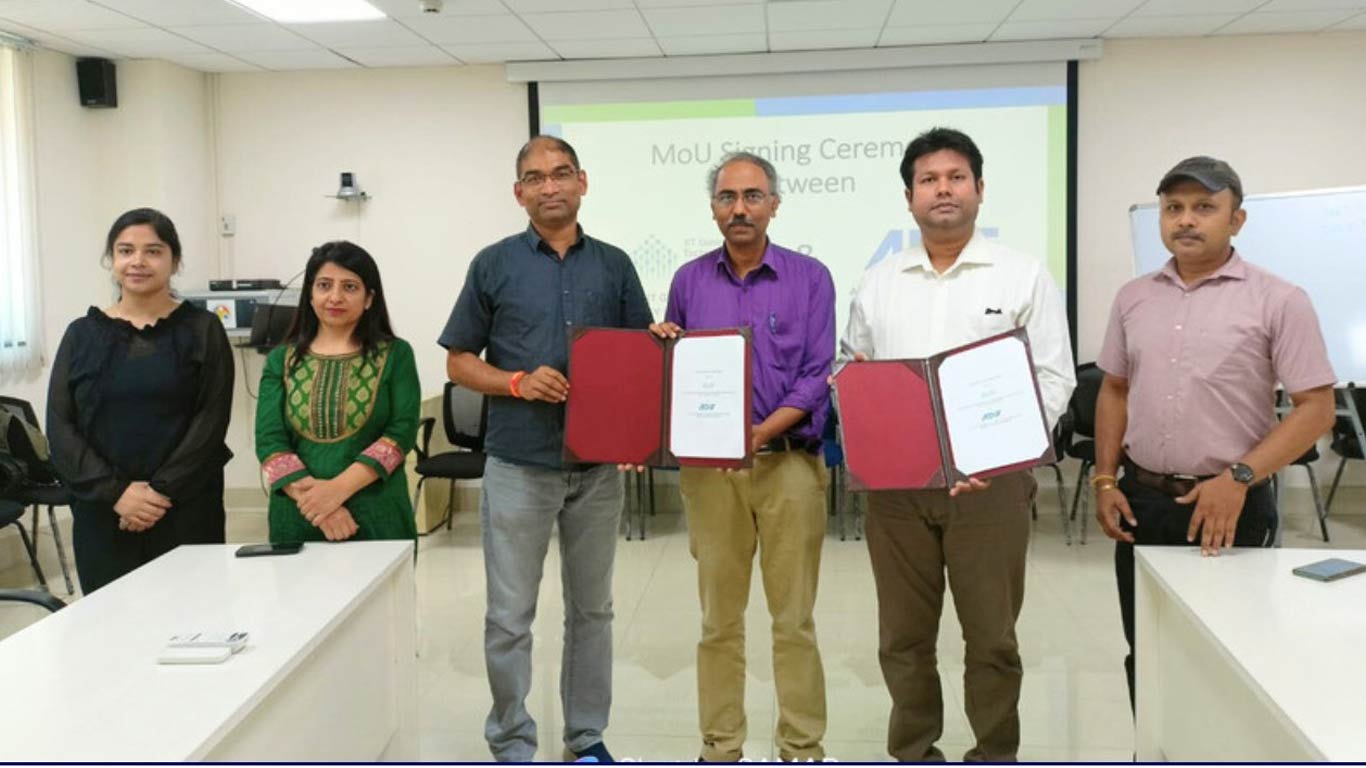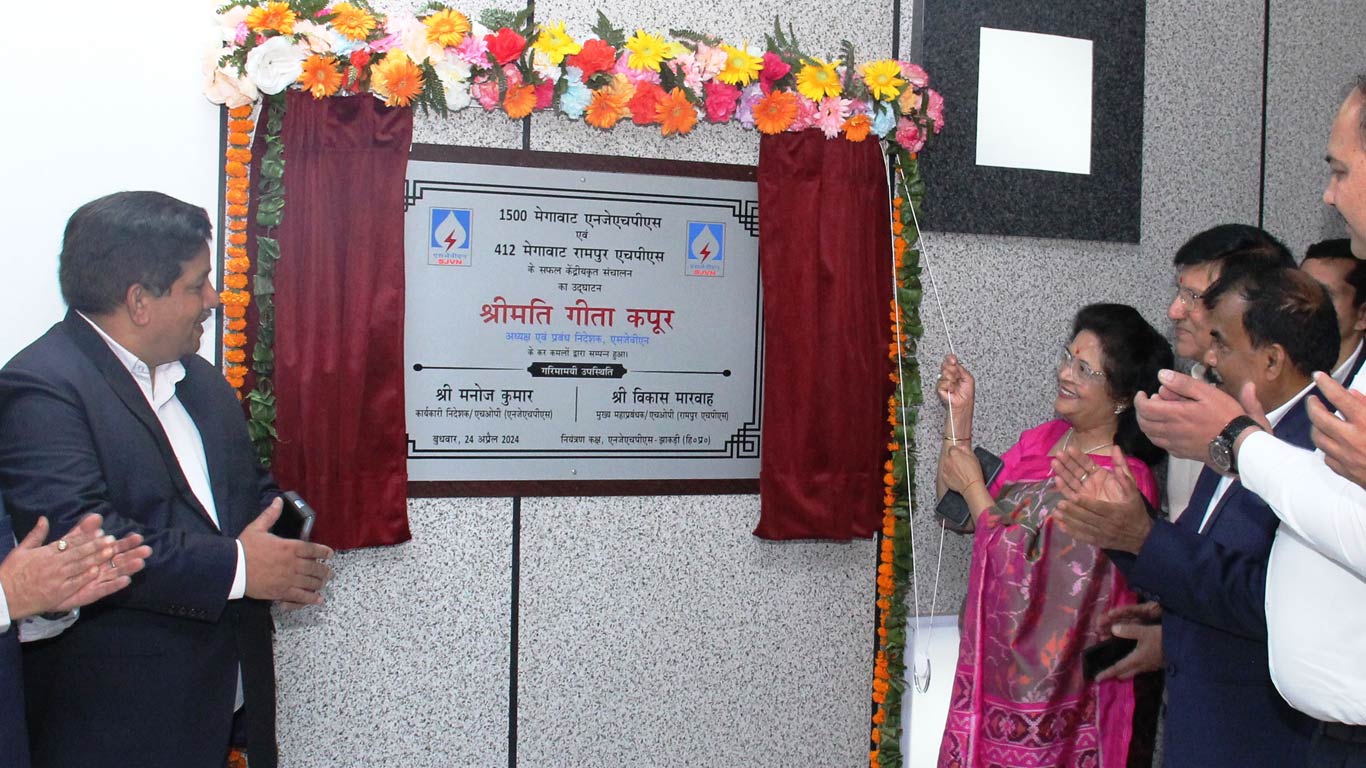KVK-2013 holds technical sessions for higher agricultural yield, sustainability
Updated: Oct 23, 2013 11:57:59am

‘Sustainable Intensification of Smallholder Farms’ is the theme for this year’s national conference.
According to an official notification, “the conference has eight technical sessions on various topics, namely, technological intensification for higher yields and improved nutrition, resilience to pests diseases and climate for sustainable productivity of small farms, ecological intensification for sustainable cropping/ farming systems, conservation agriculture, farmers rights and bio-diversification of small farms, farmers centric approaches, small agri-business models and development of social and human capital, innovative experiences of KVKs and farmers and integration of livestock and fisheries for sustainability of small farms.”
While Minister of Agriculture and Food Processing Industries Sharad Pawar will inaugurate the event being held at the University of Agricultural Sciences, Governor of Karnataka Hans Raj Bhardwaj will be the chief guest. Also present are Ministers of State for Agriculture and Food Processing Industries Charan Das Mahant and Tariq Anwar.
The event is an offering of the Indian Council of Agricultural Research (ICAR), an autonomous organisation under the Department of Agricultural Research and Education (DARE), Ministry of Agriculture, Government of India.
The Indian Council of Agricultural Research (ICAR), New Delhi started the Krishi Vigyan Kendras (KVKs) in all the districts of the country to - conduct on-farm testing to identify the location specificity of agricultural technologies under various farming systems; organise frontline demonstrations to establish production potential of various crops and enterprises on the farmers’ fields; organise need based training for farmers to update their knowledge and skills in modern agricultural technologies related to technology assessment, refinement and demonstration, and training of extension personnel to orient them in the frontier areas of technology development.
KVKs are also expected to create awareness about improved agricultural technologies among various clienteles through an appropriate extension programmes; produce quality seeds, planting materials, livestock breeds, animal products, bio-products etc., as per the demand and supply the same to different clienteles; and work as resource and knowledge centre of Agricultural Technology to support the initiatives of public, private and voluntary sectors for improving the agricultural economy of the district.
KVK also provide intensive hands on training in various aspects of agriculture, horticulture, animal husbandry and so on to encourage unemployed farm youth and farmwomen to start their own agrobased enterprise in their locality.
The Council is the apex body for co-ordinating, guiding and managing research and education in agriculture including horticulture, fisheries and animal sciences in the entire country. With 99 ICAR Institutes and 53 agricultural universities spread across the country this is one of the largest national agricultural systems in the world.
The ICAR has played a pioneering role in ushering Green Revolution and subsequent developments in agriculture in India through its research and technology development that has enabled the country to increase the production of foodgrains by 4 times, horticultural crops by 6 times, fish by 9 times (marine 5 times and inland 17 times), milk 6 times and eggs 27 times since 1950-51, thus making a visible impact on the national food and nutritional security. It has played a major role in promoting excellence in higher education in agriculture.
It is engaged in cutting edge areas of science and technology development and its scientists are internationally acknowledged in their fields. (KNN/ES)











